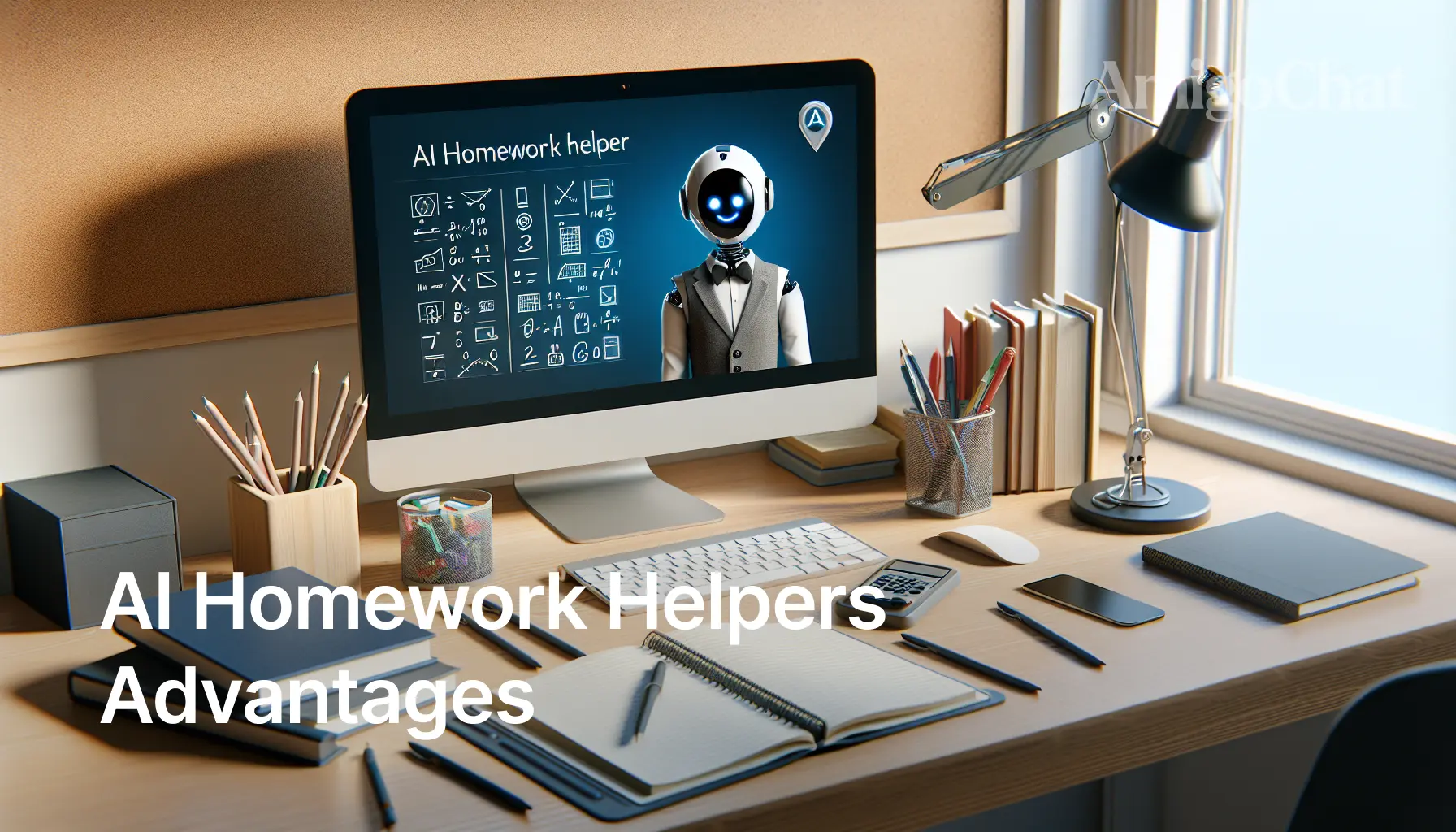Back
About

X
News, updates, and AI insights in short posts.

Instagram
AI visuals, reels, and community engagement.

YouTube
In-depth AI tutorials, demos, and reviews.

TikTok
Short, engaging AI trends and tips.

Facebook
AI discussions, articles, and user support.

Telegram channel
Exclusive AI news, updates, and resources.right in TG
Back
Download
Back
Features
Music Generator
Back
AI Models

ChatGPT 4.5

Llama 3.3
.webp)
Grok 3

DeepSeek R1

Flux Realism
.webp)
OpenAI o3

Llama 3.2
.webp)
Grok

DeepSeek Coder

Flux 1.1 Pro

OpenAI o3 mini

Llama 3.1

Qwen 2.5
.webp)
Claude 3.5 Sonnet

Flux dev
.webp)
OpenAI o1

Gemini 2.0 Flash

Riffusion
.webp)
Claude 3.7

Recraft V3

OpenAI o1 mini

AI21 Jamba-1-5-mini

Gemma 3

Cohere Command R Plus

Anthracite Magnum v4 72b
.webp)
ChatGPT-4o

Mistral-7B-Instruct

Mistral Tiny
.webp)
Gemini 1.5 Pro

Gryphe MythoMax L2










.webp)








.webp)












